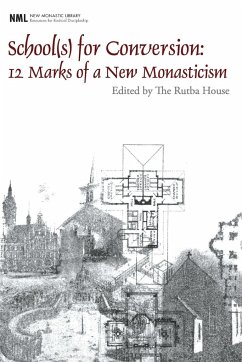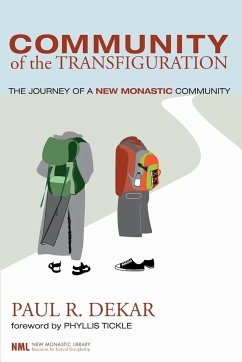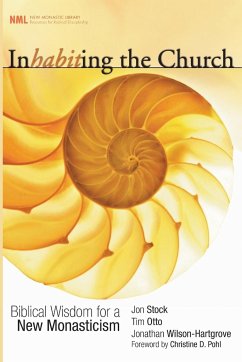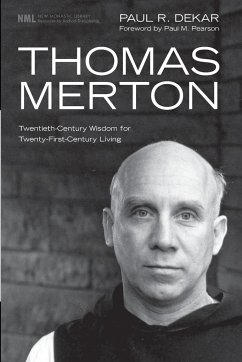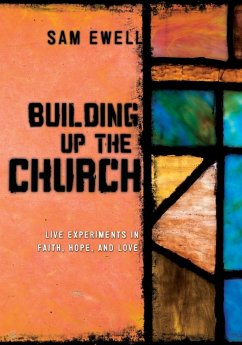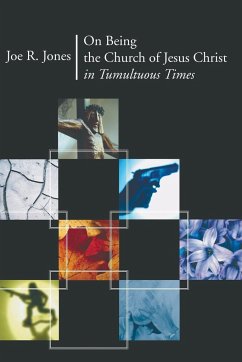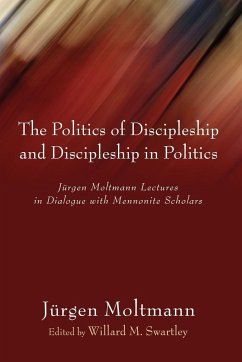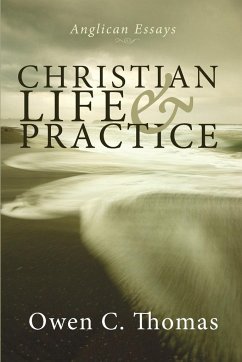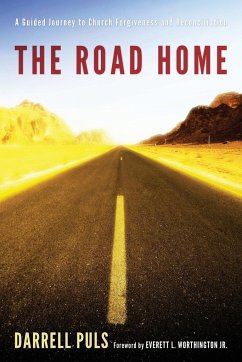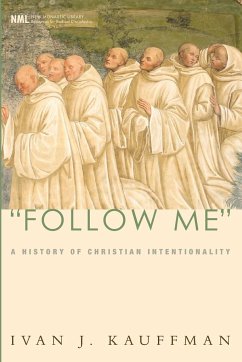
"Follow Me"

PAYBACK Punkte
14 °P sammeln!
From the very beginning there have been Christians who wanted to go all the way--who, rather than asking, ""What must I do to be a Christian?"" asked instead, ""What can I do to be more Christian?"" These highly intentional Christians have had an impact on the development of both Christianity and western civilization that has been completely out of proportion to their numbers. The greatest impact of these Christian has come through the communities of like-minded believers--some of lay evangelicals and others of celibate monastics--formed based upon their common desire to live more intentional ...
From the very beginning there have been Christians who wanted to go all the way--who, rather than asking, ""What must I do to be a Christian?"" asked instead, ""What can I do to be more Christian?"" These highly intentional Christians have had an impact on the development of both Christianity and western civilization that has been completely out of proportion to their numbers. The greatest impact of these Christian has come through the communities of like-minded believers--some of lay evangelicals and others of celibate monastics--formed based upon their common desire to live more intentional Christian lives. Throughout the past twenty centuries, hundreds of groups of both kinds have formed. This probing work tells the story of these communities, both monastic and lay. It is a story that, though often overlooked, is both inspiring and instructive. Above all it is a story that opens the way for greater understanding between two groups of Christians who have long been estranged--Protestant evangelicals and Catholic monastics.



